Discover Get Ready for Rome
Get Ready for Rome

Get Ready for Rome
Author: Wayne Ambler
Subscribed: 18Played: 752Subscribe
Share
Description
Get Ready for Rome helps the thoughtful traveler prepare to visit the Eternal City by introducing the city’s main monuments and the sometimes acrimonious dialogue they imply. Add value to your visit to Rome by getting to know in advance the ideas and history that stand behind St. Peter’s Basilica, the Colosseum, the Sistine Chapel and other familiar but put poorly understood sites of one of the world’s greatest cities.
106 Episodes
Reverse
The Castelli Romani are a cluster of hill towns just to the southeast of Rome. This podcast reviews a good new book that explores four of them shows how travel can stimulate our thinking as well as our other appetites.
After two episodes on the Forum Boarium, we move up to the Palatine Hill. At the same time, we move from Rome’s distant prehistory and Aeneas to its founding by his descendant Romulus, the son of Mars. Later still, Caesar and his adopted son Augustus presented Aeneas and Romulus as precursors of the Caesars.
The two temples in the Forum Boarium as illustrations of Rome’s cultural flux over the ages.
There is scant evidence regarding the prehistory of Rome, but the Romans supplied this defect by handing down and codifying engaging myths. Today we visit the Forum Boarium, where Rome’s distant ancestors met and began to form the people from whom the Romans would descend, or so at least Livy and Virgil tell us.
Today is March 17, the anniversary of the proclamation of the birth or making of modern Italy. It seems strange to me that this anniversay is largely overlooked, so I invite listeners to think for a moment about its meaning.
If the Sistine Chapel reflected the moral vision of Christian Rome, is there any such coherent view in Modern Rome of how we humans should understand our purpose and live our lives?
Popes have frequently attacked the moral, political, and intellectual developments that gave birth to modern Italy. On the occasion of the death of Pope Benedict, we today review his controversial Regensburg Address to see what it says about modern Rome.
We return today to the "secular" or non-religious character of modern Rome in order to see more clearly how much the Rome of the People has changed from the Rome of the Popes.
Today we introduce Michelangelo's "Last Judgment," his vast fresco painted on the altar wall of the Sistine Chapel.
The four Pendentives of Michelangelo's Ceiling of the Sistine Chapel represent four different dramatic stories from the Old Testament. What are these stories, and what do they teach?
We know that Michelangelo's painting of the ceiling of the Sistine Chapel was an extraordinary achievement, but what subjects does he represent and what teaching do they convey?
Michelangelo used painted architecture and numerous nudes to divide the Sistine Chapel ceiling into separate panels and give it a complex design. Today we summarize the elaborate arrangement he came up with.
Michelangelo dominates the Sistine Chapel, but the chapel's walls feature twelve frescoes by the previous generation of great Florentine artists. We look at two by Botticelli as an introduction to all twelve.
We return for a second introduction to the Sistine Chapel and outline some of the main challenges Michelangelo had to overcome in painting the ceiling.
This episode introduces the twelve frescoes on the side walls of the Sistine Chapel, which invite a comparison between the lives and laws of Moses and Jesus.
We today make a first visit to the Sistine Chapel and look generally at the three different waves of Renaissance frescoes that decorated it. Two of these are by Michelangelo.
The difficulty of seeing Ancient Rome is that not much of it exists. The distinguished archeologist Rodolfo Lanciani documents this, and today we compare his ways of explaining its disappearance with those of Edward Gibbon.
American troops liberated Rome from German occupation just 2 days before D-Day. What made it possible, and why did the liberation occur when it did?
We have taken an introductory look at the reasons Paganism was replaced Christianity, but why have so many of the magnificent buildings the pagans built simply disappeared? Was it simply the work of time? We begin today with Gibbon's answer to this question.
We today consider Gibbon’s explanation of how the Christians of Constantine’s century advanced their faith by taking active measures against paganism. As he makes his case, Gibbon also extends his unflattering portrait of the followers of the new faith, perhaps to weaken their successors in his own day.


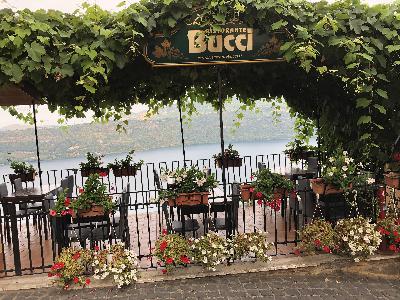
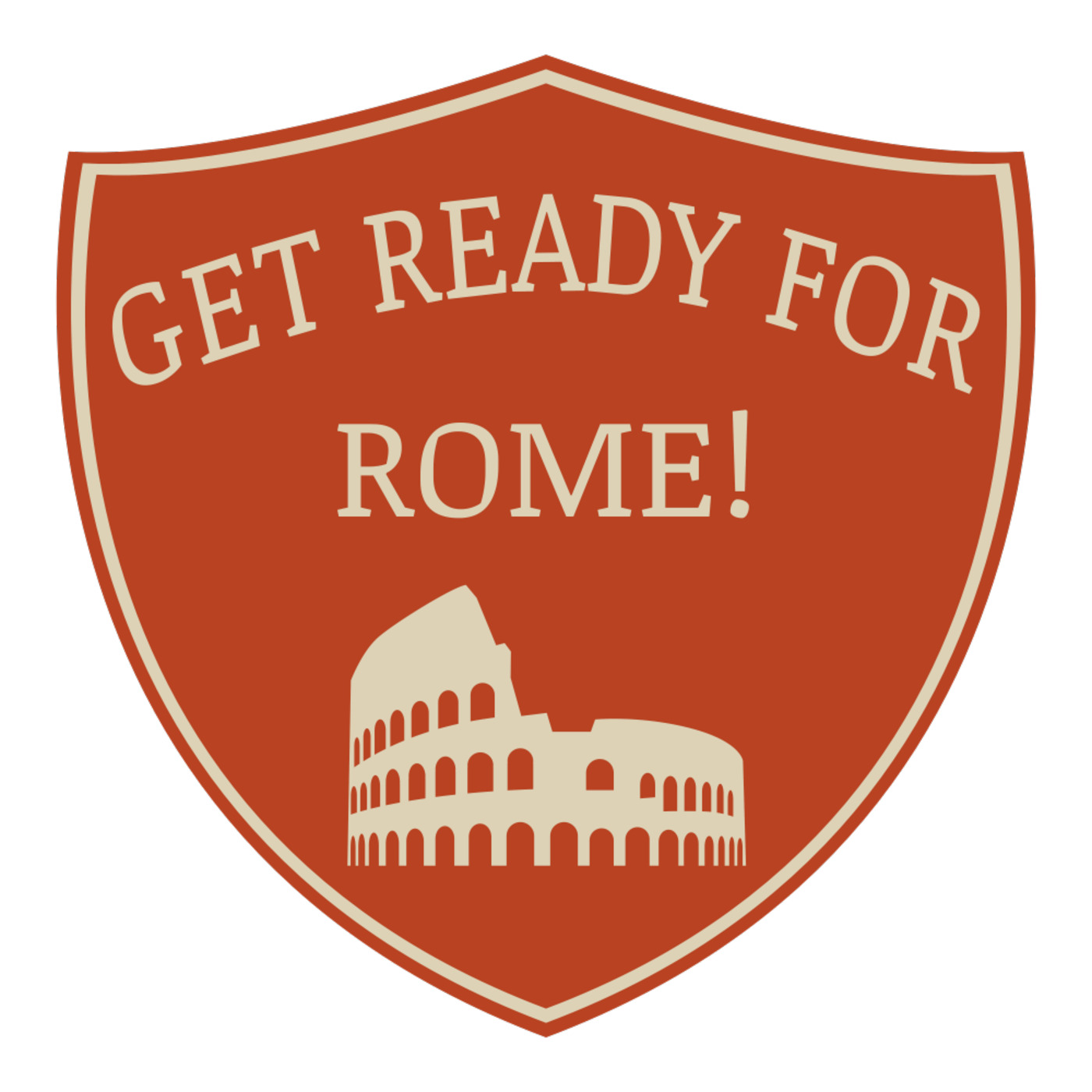
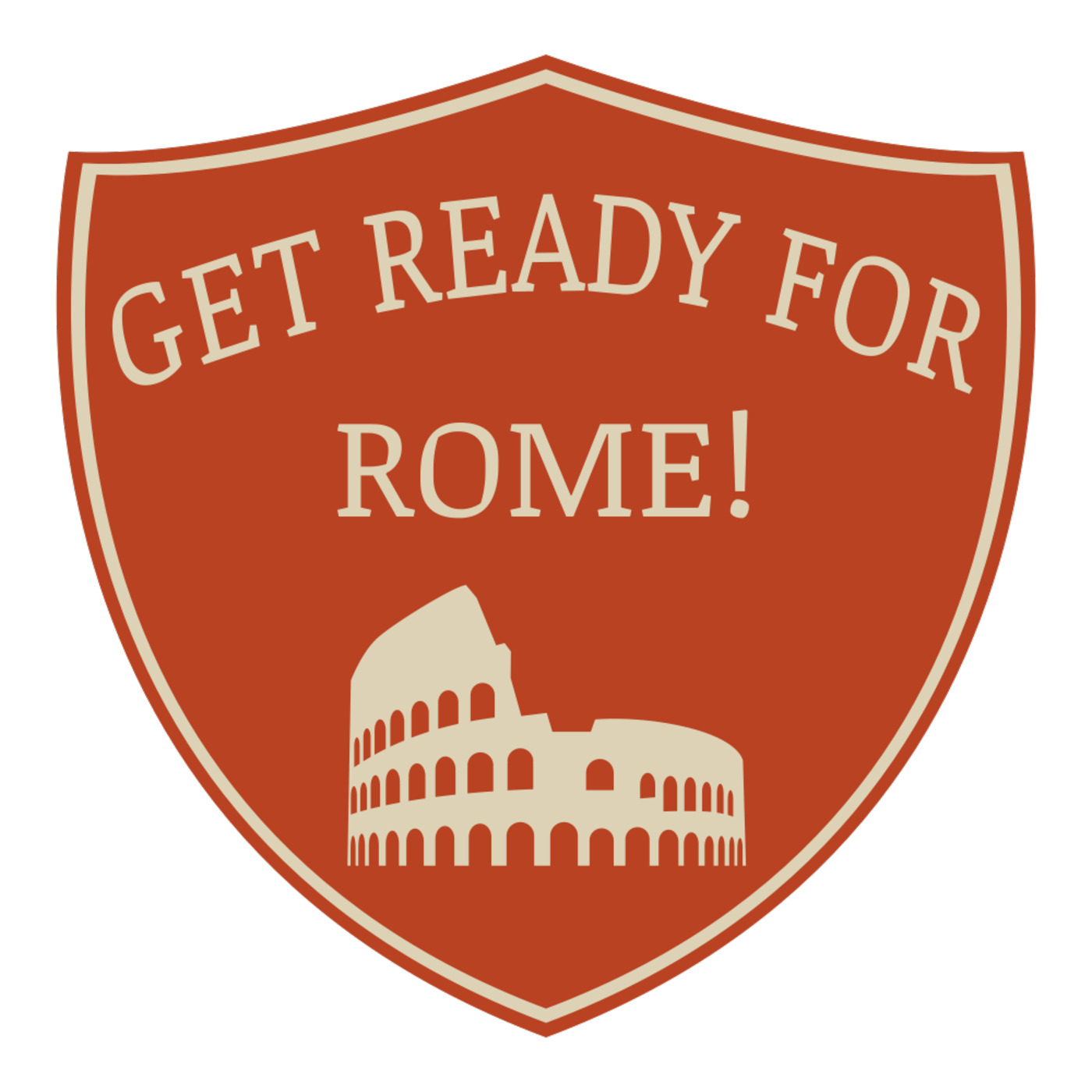
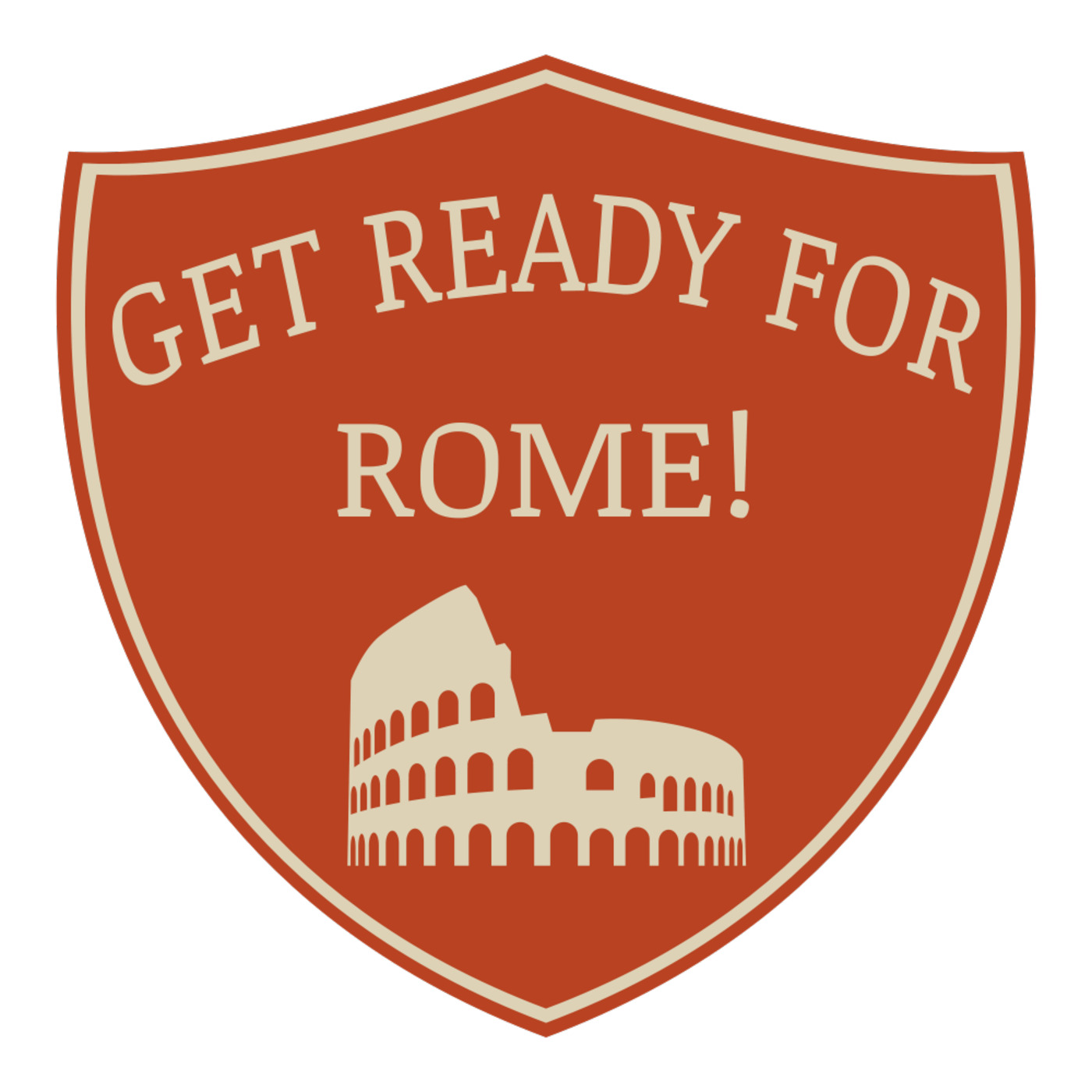
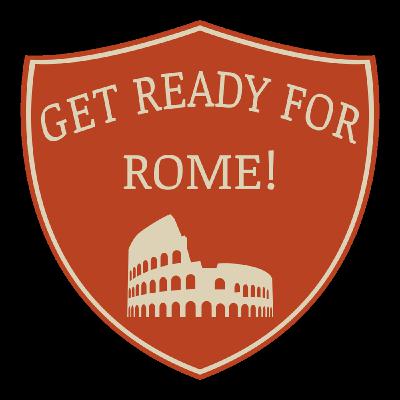



Constantine is a good standard bearer for the Catholic Church whose bloody, immoral history celebrates the most base conduct humans are capable of. Of course, they do not honor women nor treat them as equals. Their prelates live in splendor while their parishioners live in poverty, not to mention the depraved abuse of children and women by Catholic priests through the ages.
Curses on Constantine.